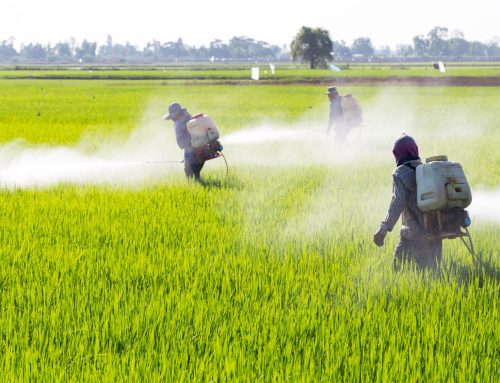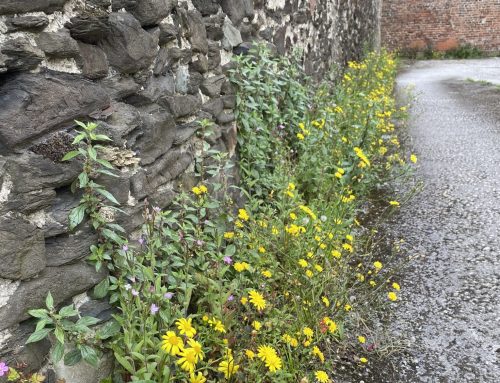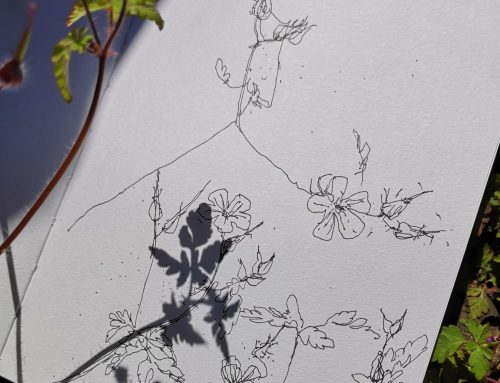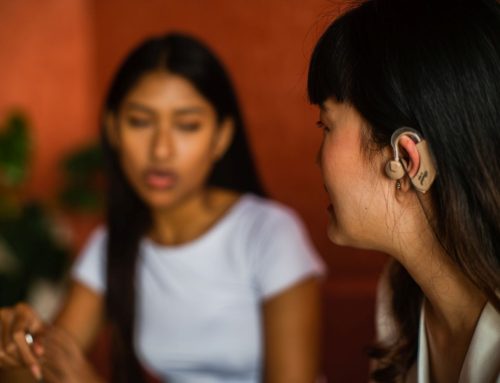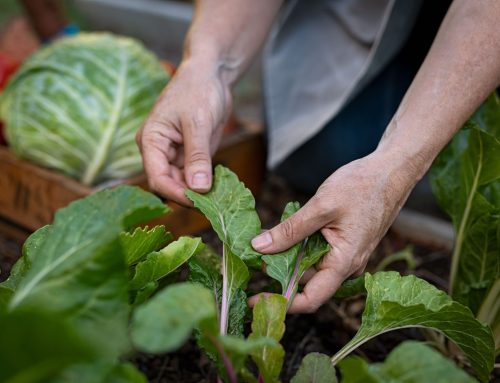by Vicki Hird
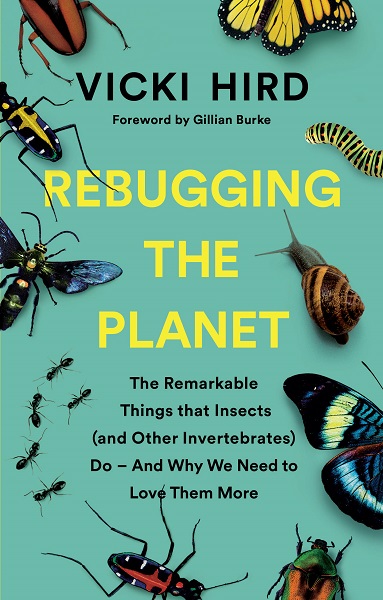 Rebugging the Planet: The remarkable things that insects (and other invertebrates) do – and why we need to love them more is my new book written to help spread the word in helping these vital creatures not just survive but thrive.
Rebugging the Planet: The remarkable things that insects (and other invertebrates) do – and why we need to love them more is my new book written to help spread the word in helping these vital creatures not just survive but thrive.
Invertebrates – from beetles to worms, spiders to zooplankton and bees to snails – are key players in ecosystems the world over. No news there. That they are also under considerable threat from multiple sources – including pesticide use and monoculture-based, industrial farming and climate change – will also not be news to many. But what has emerged in the past couple of years is the extent to which we are losing them, in terms of both numbers and diversity, in many parts of the world. Some data suggest 40% of insect species alone are at risk of extinction. More research is essential as too many studies are local and focussed on more affluent regions and there are huge gaps in the data. Not enough is known about what we’ve got, let alone what’s being harmed by massive land use change and climatic shifts.
But we also need more people to be aware and to care about bugs. A caring public should drive the demand for that research and ensure more action is taken by governments and businesses.
In my book I talk about ‘rebugging’ our attitudes. We’ve spent so long looking for ways to eliminate nuisance bugs that we’ve forgotten to help the good ones – most bugs – and to share the love. We need to learn what we can from them. And it’s a lot! Social insects that can live in large ‘super colonies’ are particularly astounding – the bees, ants and termites – their organizational, communication and construction skills are so well designed. They create incredibly efficient air and temperature controlled homes, hugely complex communication systems using chemicals, sounds and visuals and can produce huge ‘cities’ of millions of related insects. In Brazil, there is an active 4000-year-old termite community that includes 200 million mounds over an area the size of Great Britain. Scientists are using bug design, building tools, and communication and organizational approaches to design better systems for humans – from better buildings, to complex IT organization, and lightweight strong materials.
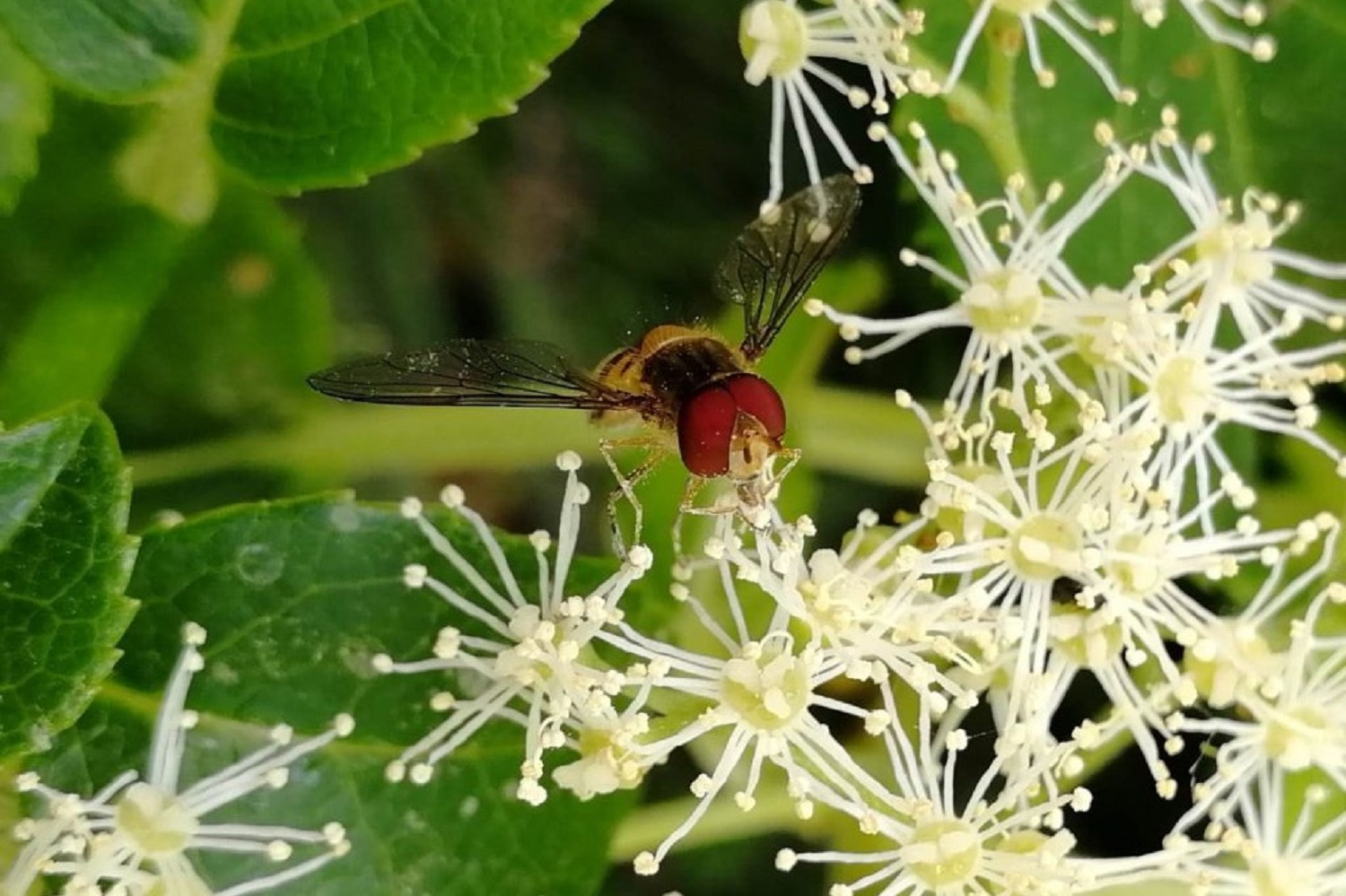
Hoverfly – taken on a smartphone in Vicki’s garden. Take your own photos and share on Twitter or Instagram @Vickihird
Bugs are also critical for all the natural systems we rely on – from pollinating crops and trees (and its more than bees), seed dispersal and pest control, to waste water treatment, recycling nutrients, ensuring healthy soils and seas and as a vital food source for many other creatures we love and need. They are also a food source for people and we use them in medicine. Without bugs we are lost.
Alongside our attitudes we can start ‘rebugging’ our spaces. Rewilding is about restoring whole areas to natural systems and interactions – leaving nature to heal itself after years of abuse. It is often about large spaces and large animals like wolves and beavers. Fantastically important. But I suggest the wood ant is as important as the wolf. It is a keystone species in forests where it provides critical services for the trees, soil and other animals by way of its nest building, foraging and gardening habits.
Buying stuff also matters. The pesticide story is complex and followers of PAN UK will be familiar with it. The direct impact of millions of tonnes of insecticides spread on fields and pavements, coupled with herbicide use removing their food, breeding and migration routes, play a key role in bug decline. But this is a problem governments are slow on tackling. They need to provide better tools for farmers in using integrated pest and weed management and ensuring market regulation so good farming pays well. They need to better regulate the pesticide manufacturers alongside a food industry hell bent on driving diets further towards heavily processed foods made from ever cheaper raw ingredients.
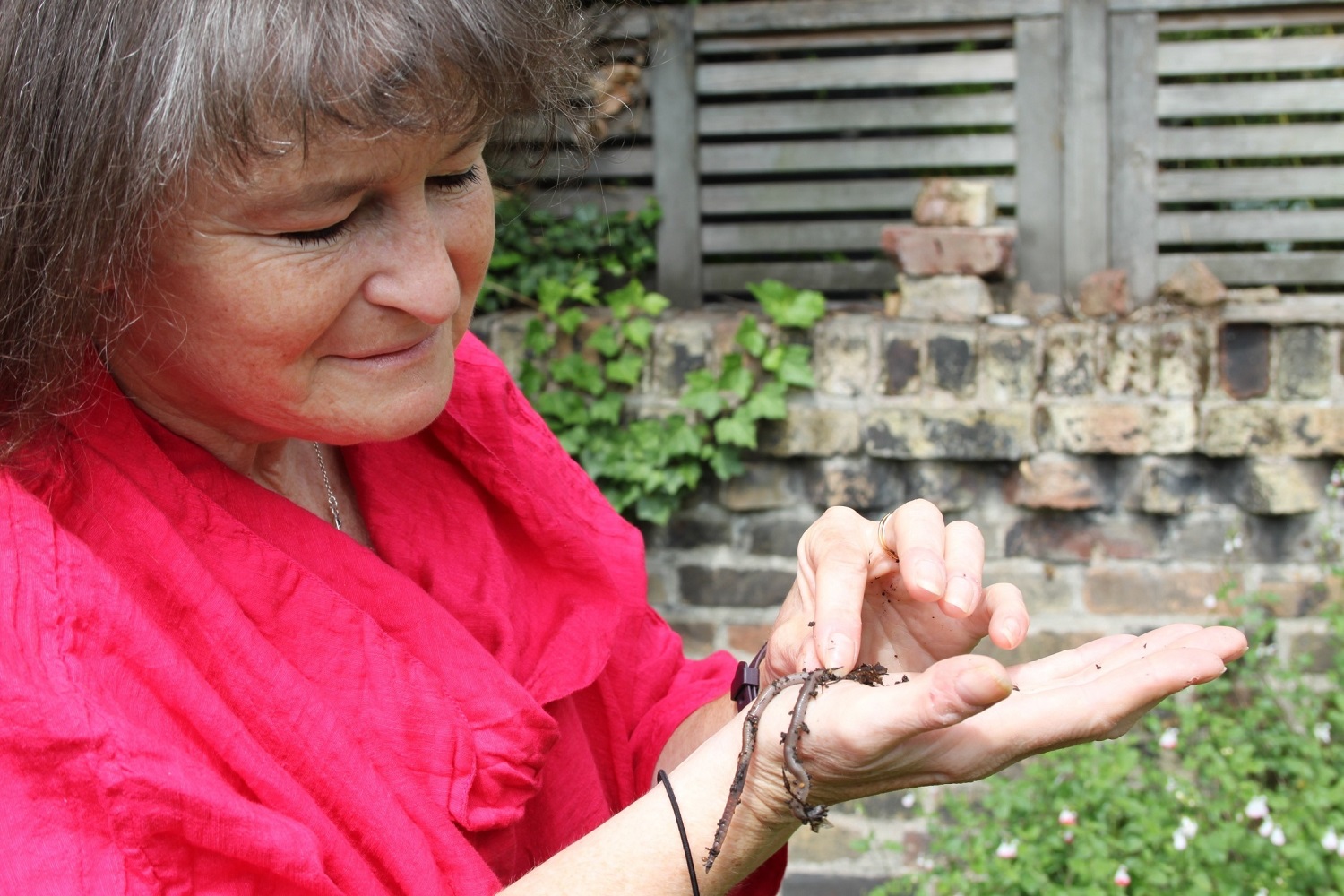
But consumers can support good farming and manufacturing practices. PAN UK’s work in supporting cotton producers to cut pesticide use has provided an invaluable, bug friendly, organic cotton market we should all support. We can all vote with our purses as well as our politics. What you buy (or don’t buy), how it is grown and where you buy it from really can make a difference. But governments, global to local, need to hear from their citizens. I explain why corporate lobbying and influence, poverty and inequality and market driven over-consumption can drive invertebrate loss. We need to challenge governments to shift to new economic models and political decisions that are based on conserving and nurturing nature, whilst tackling the climate emergency, poverty and inequality. These issues may seem remote but they are now known to make a huge difference to biodiversity.
My book is filled with bug stories, the joy of bugs, and tips on what you can do in your garden and home, in your community and parks, in how you shop and how you act politically. It all matters for nature, for the bugs and for us.
Rebugging the Planet: The Remarkable Things that Insects (and Other Invertebrates) Do – And Why We Need to Love Them More (Paperback, forward by Gillian Burke, published by Chelsea Green, out September 16 2021). More details at www.rebuggingtheplanet.org
 Vicki Hird is Head of the Sustainable Farming Campaign for Sustain: The Alliance for Better Food and Farming (over 100 non-profit organisations), and she also runs an independent consultancy. An experienced and award-winning environmental campaigner, researcher, writer and strategist working mainly in the food, farming and environmental policy arena, Vicki has worked on government policy for many years and is also the author of Perfectly Safe to Eat? The facts on food. Vicki’s passion is insects and other invertebrates. The first pets she gave her children were a family of stick insects and she had a giraffe-necked weevil tattoo for her fiftieth birthday. Vicki also has a Masters in Pest Management and she is a Fellow of the Royal Entomological Society (FRES).
Vicki Hird is Head of the Sustainable Farming Campaign for Sustain: The Alliance for Better Food and Farming (over 100 non-profit organisations), and she also runs an independent consultancy. An experienced and award-winning environmental campaigner, researcher, writer and strategist working mainly in the food, farming and environmental policy arena, Vicki has worked on government policy for many years and is also the author of Perfectly Safe to Eat? The facts on food. Vicki’s passion is insects and other invertebrates. The first pets she gave her children were a family of stick insects and she had a giraffe-necked weevil tattoo for her fiftieth birthday. Vicki also has a Masters in Pest Management and she is a Fellow of the Royal Entomological Society (FRES).
Twitter and Instagram: @vickihird

